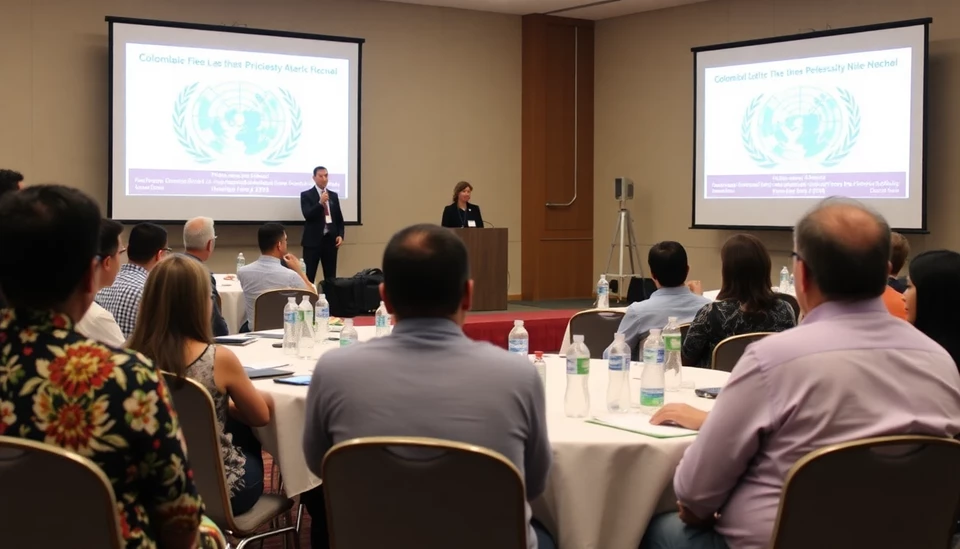
In a pivotal moment for global biodiversity efforts, Colombia is the host for the ongoing United Nations biodiversity talks. These discussions come as nations navigate the complexities of environmental sustainability, shifting focus from merely implementing previously established agreements to fostering encouragement and motivation among member states. The talks are seen as crucial as they seek to bridge the gaps in biodiversity conservation, particularly as natural habitats continue to face unprecedented threats.
The Colombian government, which has made significant strides in conservation efforts, is utilizing this platform to showcase its achievements and encourage other nations to share successful methodologies and technologies. Colombian President Gustavo Petro emphasized the necessity of a collaborative approach in tackling biodiversity loss, stating, "Our planet is suffering, and we must act together if we are to create effective solutions." The aim of these discussions is not only to evaluate what has been accomplished but also to inspire countries to act decisively in protecting their unique ecosystems.
This year's talks have been characterized by a vibrancy of ideas and proposals, focusing on innovative solutions to combat environmental degradation. Discussions have highlighted the importance of integrating local communities into conservation efforts, recognizing that indigenous knowledge holds key insights that can aid in biodiversity preservation. Such involvement is critical in ensuring that strategies are not only effective but also culturally responsive and sustainable in the long term.
Colombia’s rich biodiversity serves as a reminder of what is at stake, with the country being home to over 50,000 species of plants and 1,900 species of birds, making it one of the most biodiverse nations on Earth. The urgency of the situation is palpable; recent studies indicate that global species populations have declined by an alarming average of 68 percent since 1970, highlighting the necessity for immediate action and collaboration.
Among the key topics at the forefront of discussions are the restoration of ecosystems, sustainable land use, and the need for substantial funding mechanisms to support biodiversity initiatives. These themes resonate worldwide as nations grapple with competing interests, such as economic development and environmental protection. Minister of Environment and Sustainable Development, Susana Muhamad, remarked, "We need to align our economic policies with our environmental goals; they should not be seen as opposing forces.”
Furthermore, this year’s dialogues mark a subtle shift in tone; delegates are moving beyond a rigid framework of compliance and looking for ways to empower nations to set attainable, context-specific goals. By encouraging creativity in policy-making and adaptive strategies, the intent is to foster a sense of ownership among nations over their environmental responsibilities.
Empowering nations to encourage local action is underscored by the adoption of a transparency framework that allows for shared progress tracking. This aims to cultivate an environment where progress can be celebrated collectively, thereby encouraging countries to remain committed to their biodiversity goals. Colombian officials are optimistic that the discussions will culminate in actionable commitments that reflect both local and global needs.
As the talks continue, it remains to be seen how effectively nations can translate encouragement into tangible results. The global community is closely watching these discussions, aware that the decisions made here could have lasting impacts on biodiversity and environmental health across the planet.
Ultimately, the UN biodiversity talks in Colombia symbolize a broader shift towards collective responsibility in environmental stewardship. The emphasis on encouragement suggests a newfound optimism that may bolster international cooperation and ignite a resurgence of global conservation efforts.
#UNBiodiversity #Colombia #EnvironmentalSustainability #BiodiversityTalks #ConservationEfforts #EcosystemRestoration #ClimateAction #GlobalCooperation #BiodiversityLoss
Author: Megan Clarke




